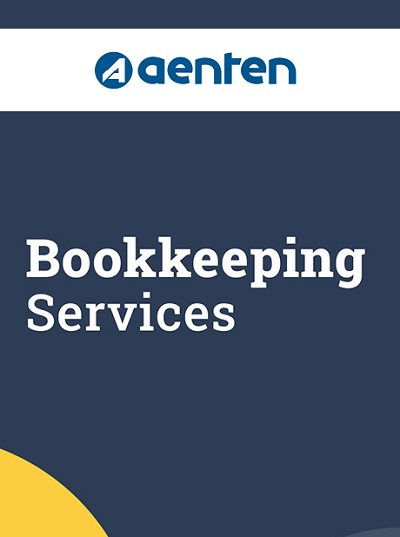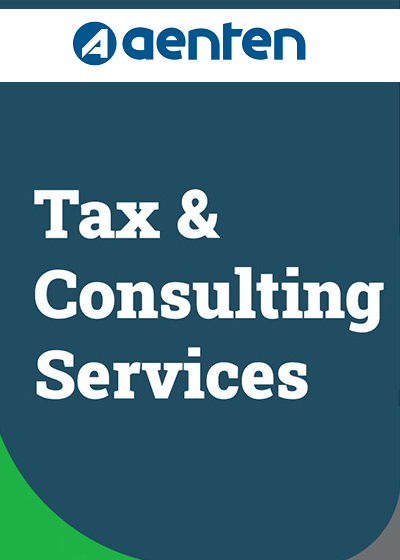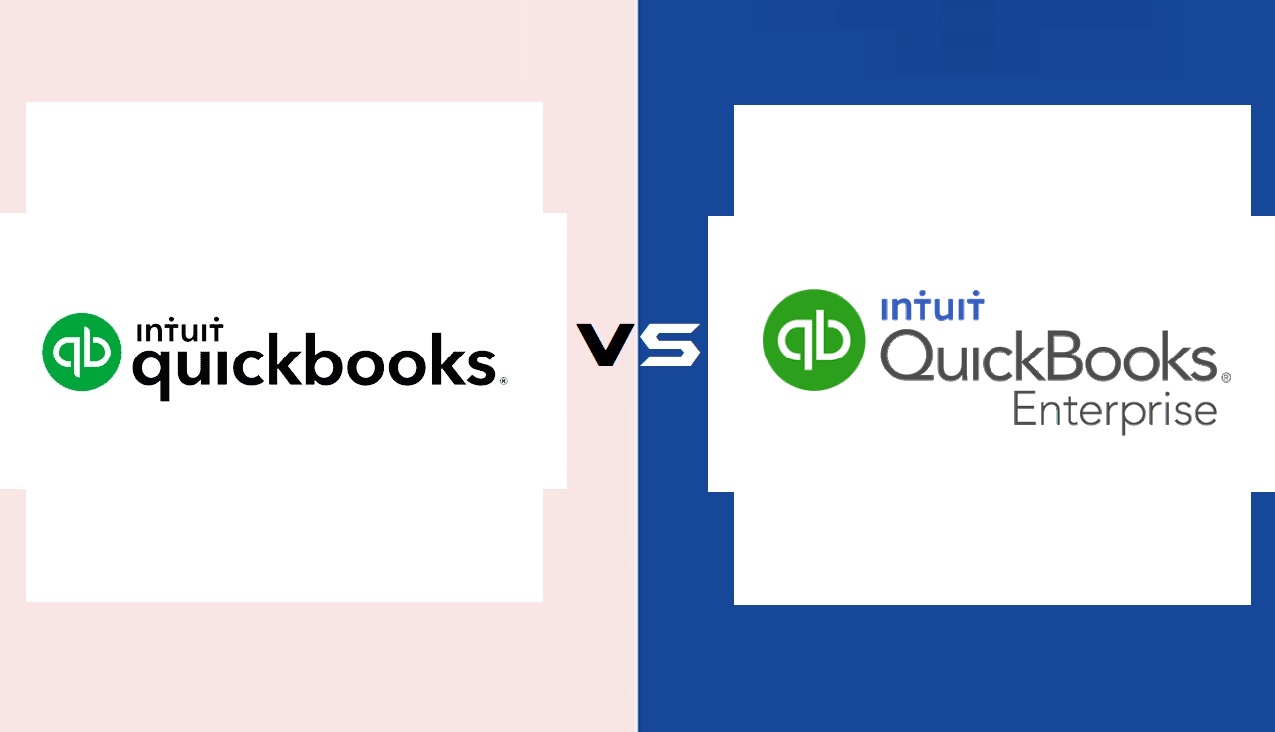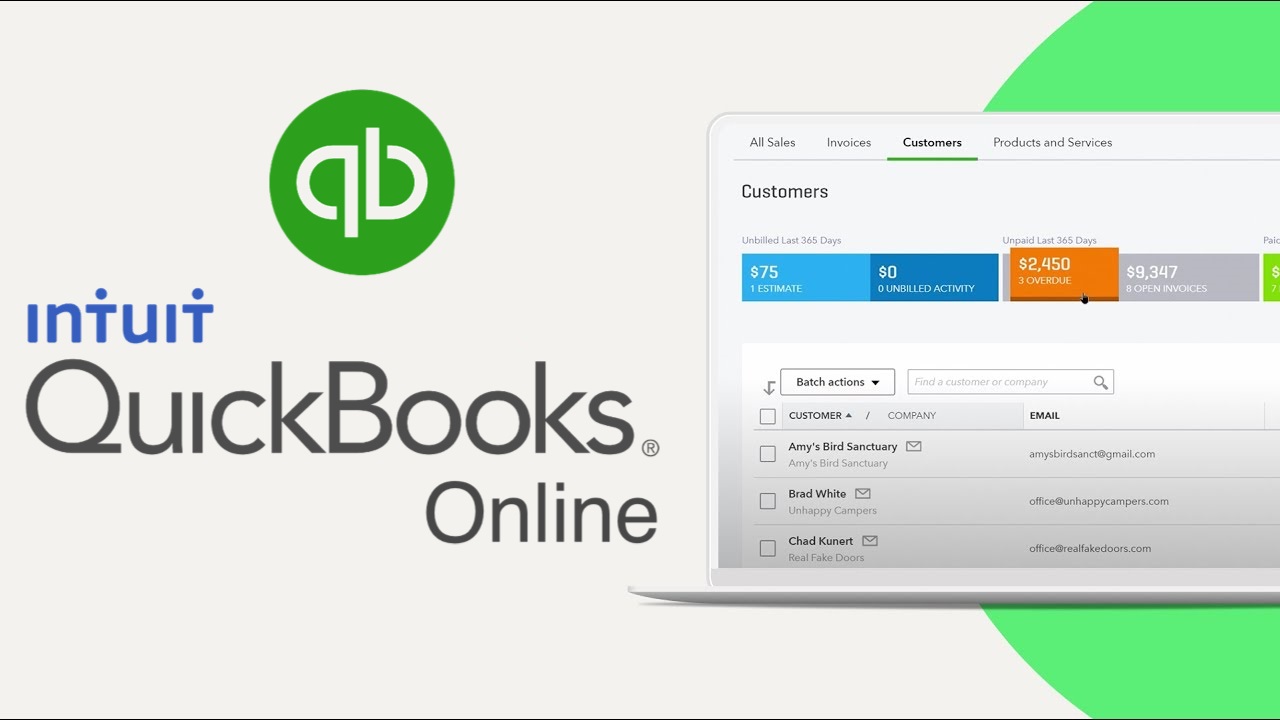As a small business owner, managing your finances can be a daunting task. You need to keep track of your income and expenses, file taxes, and manage your cash flow. One important decision you’ll need to make is whether to do your bookkeeping yourself or hire a bookkeeper. Here are the pros and cons of the DIY method versus hiring a bookkeeper:
DIY Bookkeeping:
Pros:
- Cost-effective: Doing your own bookkeeping can save you money. You don’t have to pay a bookkeeper, which can be a significant expense for a small business.
- More control: By doing your own bookkeeping, you have more control over your finances. You can track your income and expenses in real-time and make decisions based on that data.
- Improved financial understanding: Doing your own bookkeeping can help you develop a better understanding of your finances. You’ll be more familiar with your income and expenses, and you’ll be better equipped to make informed financial decisions.
Cons:
- Time-consuming: Doing your own bookkeeping can be very time-consuming. You’ll need to track all of your income and expenses, reconcile your bank accounts, and file taxes. This can take a significant amount of time away from other important tasks.
- Prone to errors: If you’re not experienced in bookkeeping, you’re more likely to make errors. These errors can be costly and time-consuming to fix, and they can also cause problems with your taxes.
- Limited expertise: Unless you have a background in bookkeeping or accounting, you may not have the expertise needed to manage your finances effectively. This can lead to mistakes and missed opportunities.
Hiring a Bookkeeper:
Pros:
- Time-saving: Hiring a bookkeeper can save you a significant amount of time. You’ll be able to focus on other important tasks while your bookkeeper manages your finances.
- Expertise: A bookkeeper has the expertise needed to manage your finances effectively. They can help you stay on top of your income and expenses, file taxes, and manage your cash flow.
- Reduced errors: A bookkeeper is less likely to make errors than someone without bookkeeping experience. They can help you avoid costly mistakes and ensure that your finances are accurate.
Cons:
- Cost: Hiring a bookkeeper can be expensive. You’ll need to pay for their services, which can be a significant expense for a small business.
- Less control: By hiring a bookkeeper, you’ll be giving up some control over your finances. While they’ll be managing your finances, you won’t have the same level of control as if you were doing it yourself.
- Less understanding: If you rely solely on your bookkeeper to manage your finances, you may not develop a deep understanding of your finances. You’ll need to work closely with your bookkeeper to ensure that you understand your income and expenses.
Also Read : Small Business Invoices : Top 10 Things Business Owners Need to Know.
In conclusion, both the DIY method and hiring a bookkeeper have their pros and cons. Ultimately, the decision will depend on your specific business needs, your level of expertise, and your budget. If you have the time, expertise, and desire to manage your finances yourself, the DIY method may be the best option. However, if you’re short on time, need expertise, or want to reduce the risk of errors, hiring a bookkeeper may be the better choice. Ultimately, the most important thing is to stay on top of your finances and ensure that you’re making informed financial decisions.





